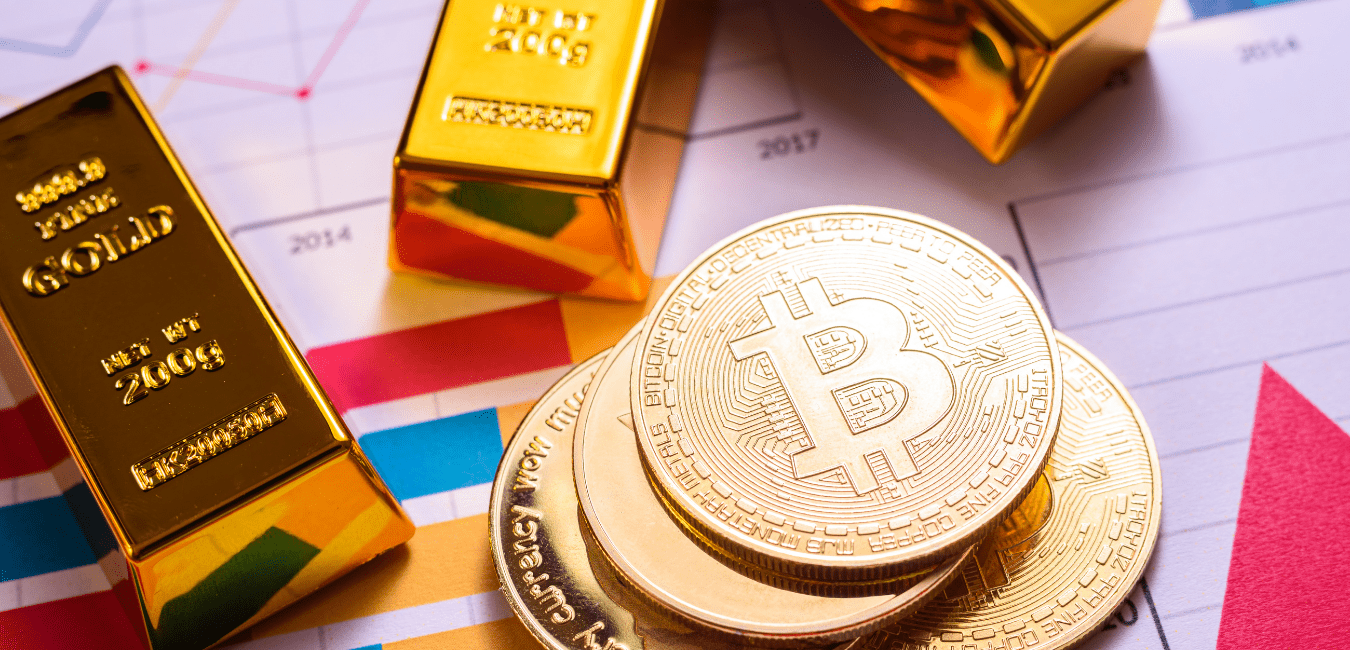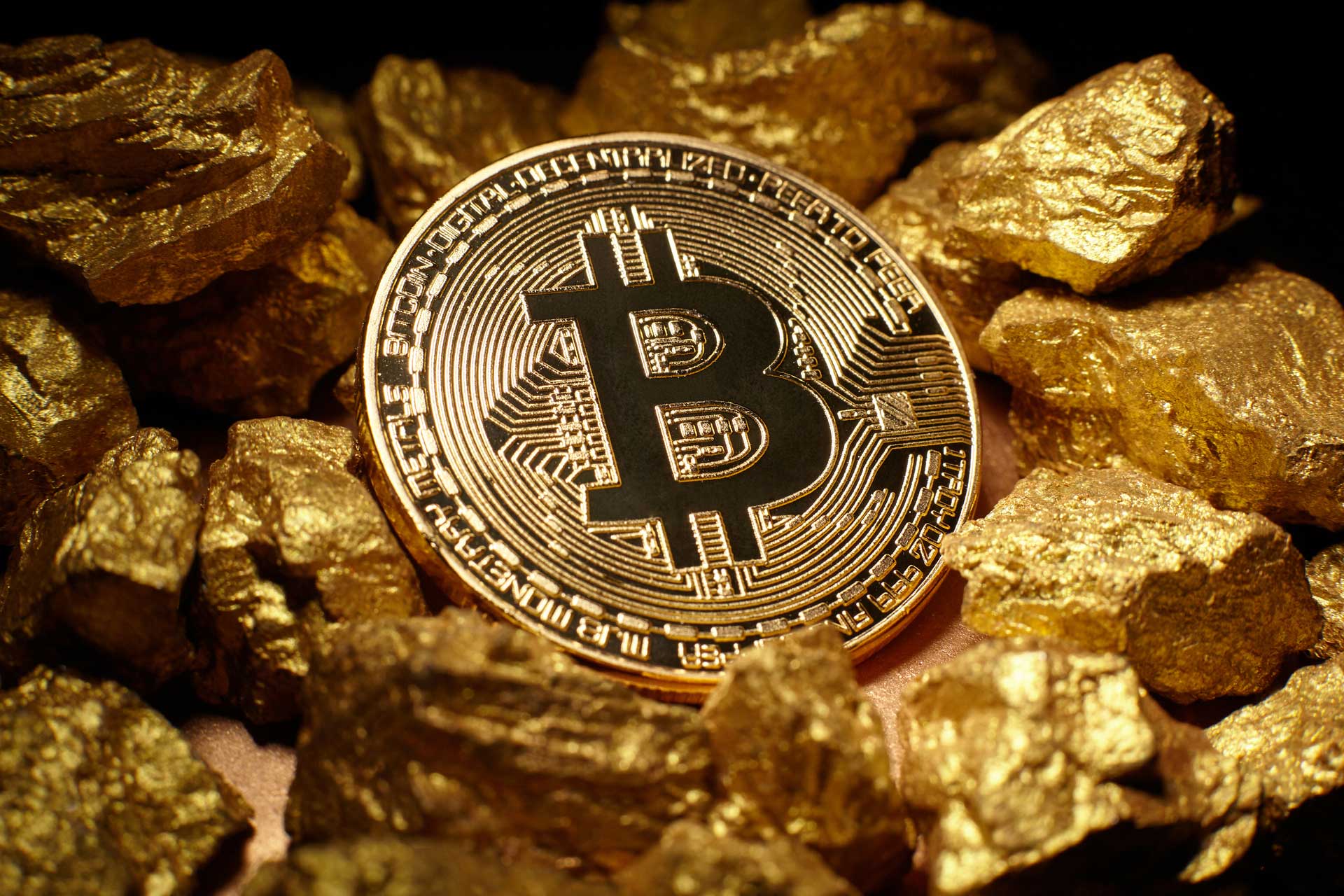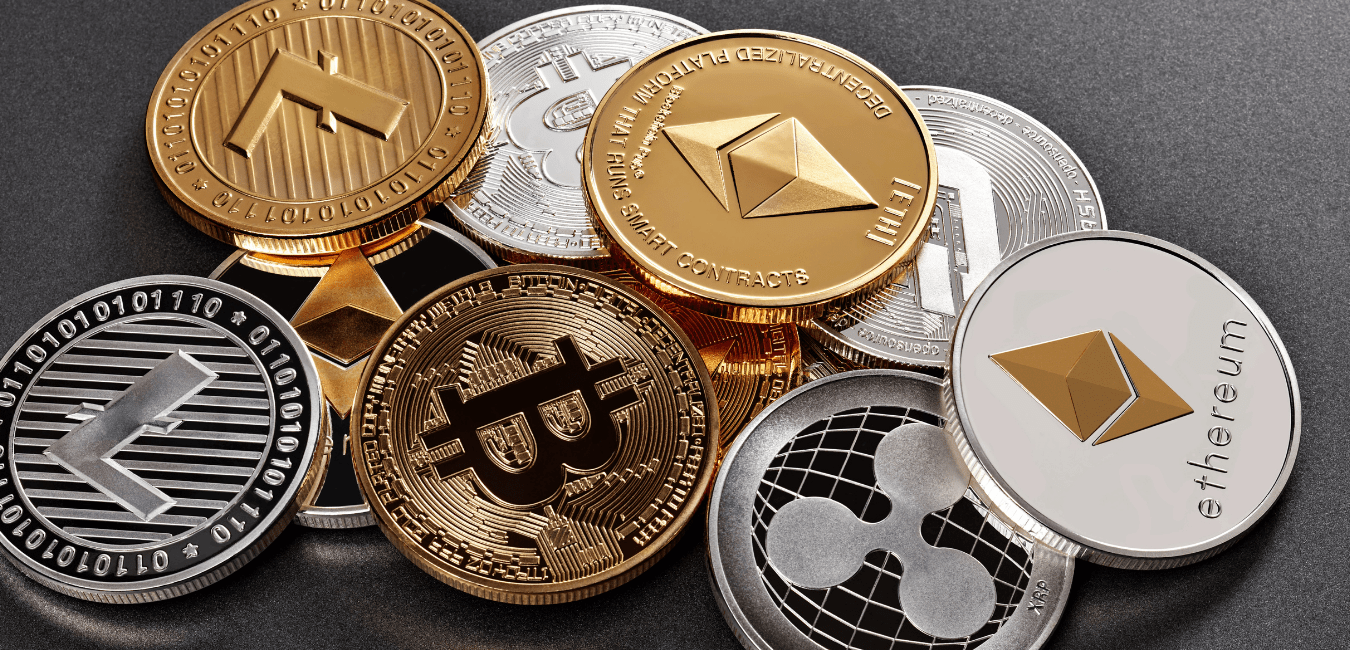Is Bitcoin a store of value like gold?

For some time now many analysts have been saying that Bitcoin is or will be digital gold. However, such a statement carries with it a great responsibility for this asset: to occupy a place like that of metal as a store of value.
First let us look at what a store of value is. It is a financial asset that, no matter what happens, be it a depreciation, an economic crisis or simply inflation, will always have some value.
In this area, gold has been the quintessential store of value, mainly because of the intrinsic value that humanity in general has attributed to it over the centuries. Does Bitcoin have what it takes to take the place of gold as a store of value?

Cryptocurrencies: benefits and risks of virtual currencies
2017 has been the year of cryptocurrencies: More than 300 new virtual currencies have been created. Bringing their total to over 900. In other words, the number of virtual currencies in the world more than triples the number of conventional, state-issued currencies, which according to the UN currently stand at 180.
What are the main characteristics of a store of value?
Any asset that intends to position itself as a store of value must meet at least these six characteristics:
- Confidence: any store of value needs to be widely accepted. To be considered as a store of value, the instrument or asset must be trusted by individuals to be accepted. A gigantic sum of individuals must trust that what they receive has an exchange value.
- Durability: In addition to trust, a store of value must ensure that it will have the same or similar value after many years.
- Limited supply: Part of what gives any asset that is intended to be used as a stock of value a value and increase in value, sustained over time, is scarcity. However, at the same time, it should not be so scarce, so that its value does not reach exorbitant levels, and at a certain moment, it is easily exchangeable. Gold is very scarce and therefore has always been a good store of value. Although new gold mines can always be found. Bitcoin, on the other hand, has a maximum limit, which is 21 million bitcoins issued.
- Divisible and transferable: This property is common with money since, when seeking to have a store of value, it is optimal that it is easily exchangeable, divisible and easy to buy and sell to make use of that value.
- Uniformity: For the unit of an asset to have value in itself and be reliable, all units must have identical or very similar characteristics. As is the case with gold, banknotes and bitcoin.
- Low storage cost. It is essential since what we are looking for is not only to have that value but to maintain that value. Therefore, this reserve unit should not present problems for storage.
Who decides what has value and what does not?
From the point of view of classical economic theory, specifically David Ricardo’s labor-value theory, it is said that the value of things is determined based on the labor invested in producing such material. Thus, for centuries gold has been considered as a product with an intrinsic value, accepted, literally, by the whole world for that intrinsic and historical value that, clearly, the Bitcoin does not have.
However, the same economic theory tells us that for something to have an exchange value, at least two individuals must accept this asset as a store of value and agree to make exchanges with that asset.
From this point of view, Bitcoin is already a store of value, at least, for all those who have decided to participate in the crypto ecosystem, some of whom even accept payments with Bitcoin or other cryptocurrencies.
Argentina and Venezuela, two curious cases
As already mentioned, a store of value is an asset that no matter what happens will have an exchange value even in times of crisis, in fact, it is the reason why an investment portfolio always seeks to have an asset that serves as a store of value.
In the very specific case, we seek to have a reserve of value in case there is a crisis that could undermine our economic condition.
In Latin America there are two very special cases where people have been looking for reserves of value to be able to face their economic situation. We are referring to the cases of Argentina and Venezuela.
In the Argentinean case, they have been struggling for more than a decade against sustained double-digit inflation, which depreciates the Argentinean currency and makes life more expensive. In this country, in addition to seeking dollars in both the formal and informal markets, Argentines have been increasing their interest in cryptocurrencies such as Bitcoin in view of the constant depreciation of their local currency, precisely as a store of value.
The Venezuelan case is even more intense. Faced with the terrible hyperinflation crisis they have been experiencing for some time now, Venezuelans have seen the value of their currency fall to practically nothing. In search of a solution to this problem, in addition to informal dollarization, it is very common for Venezuelans to make use of Bitcoin and other cryptocurrencies for their usual transactions.
So much so that the government, far from prohibiting or regulating it, tried to launch its own cryptocurrency to be able to trade with the rest of the world. Although the project never materialized.
Perhaps it is too early to affirm or deny that Bitcoin is generally a store of value, however, for many people it already is. Over time and with the mass adoption of blockchain technology and cryptocurrencies, this picture will become clearer. With it we will know whether Bitcoin earns its place as a reserve asset.
Related news
-

Ethereum and smart contracts. What do they bring?
Vitalik Buterin designed the Ethereum platform based on blockchain technology, which means that it is also an open source and decentralized ledger just like Bitcoin, but with the intention of going beyond what the original cryptocurrency has established.
-

How do cryptocurrencies work?
In October 2008, an individual or group of individuals who would later be known as "Satoshi Nakamoto" released the "Bitcoin" white paper”. His claim is that it will become the world's digital currency, distrusting the FIAT money backed by governments and the International Financial System (IFS).

















